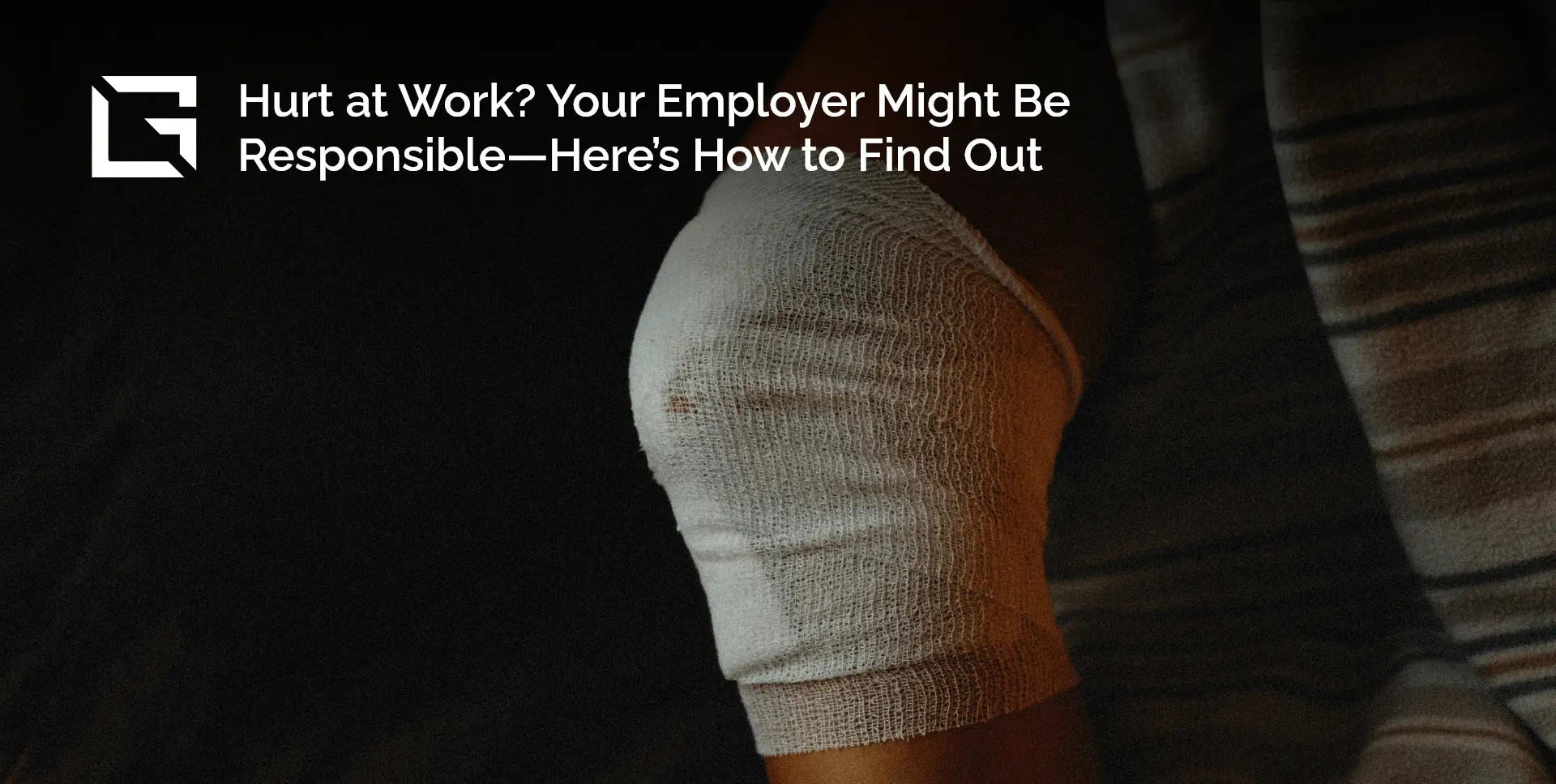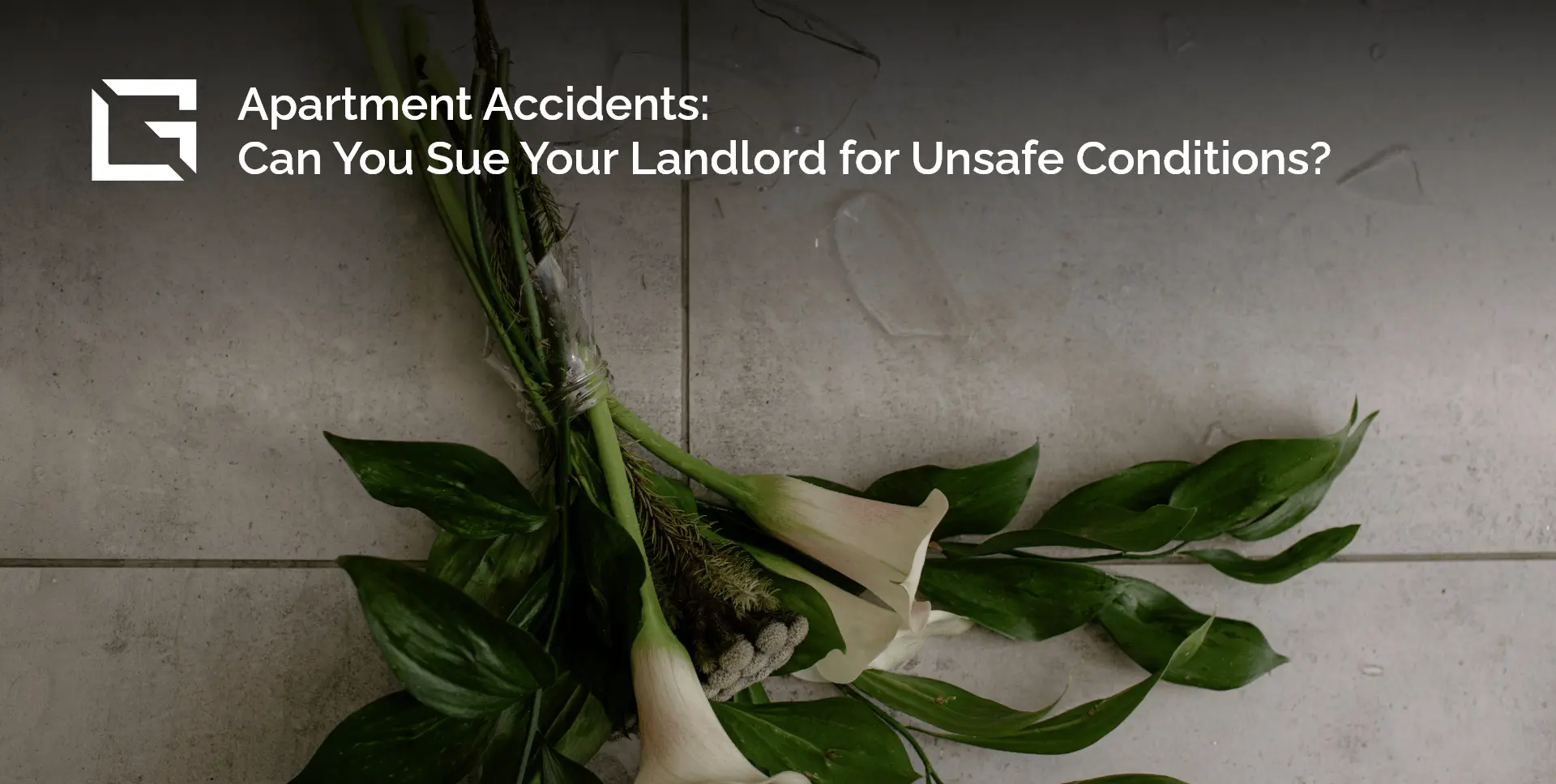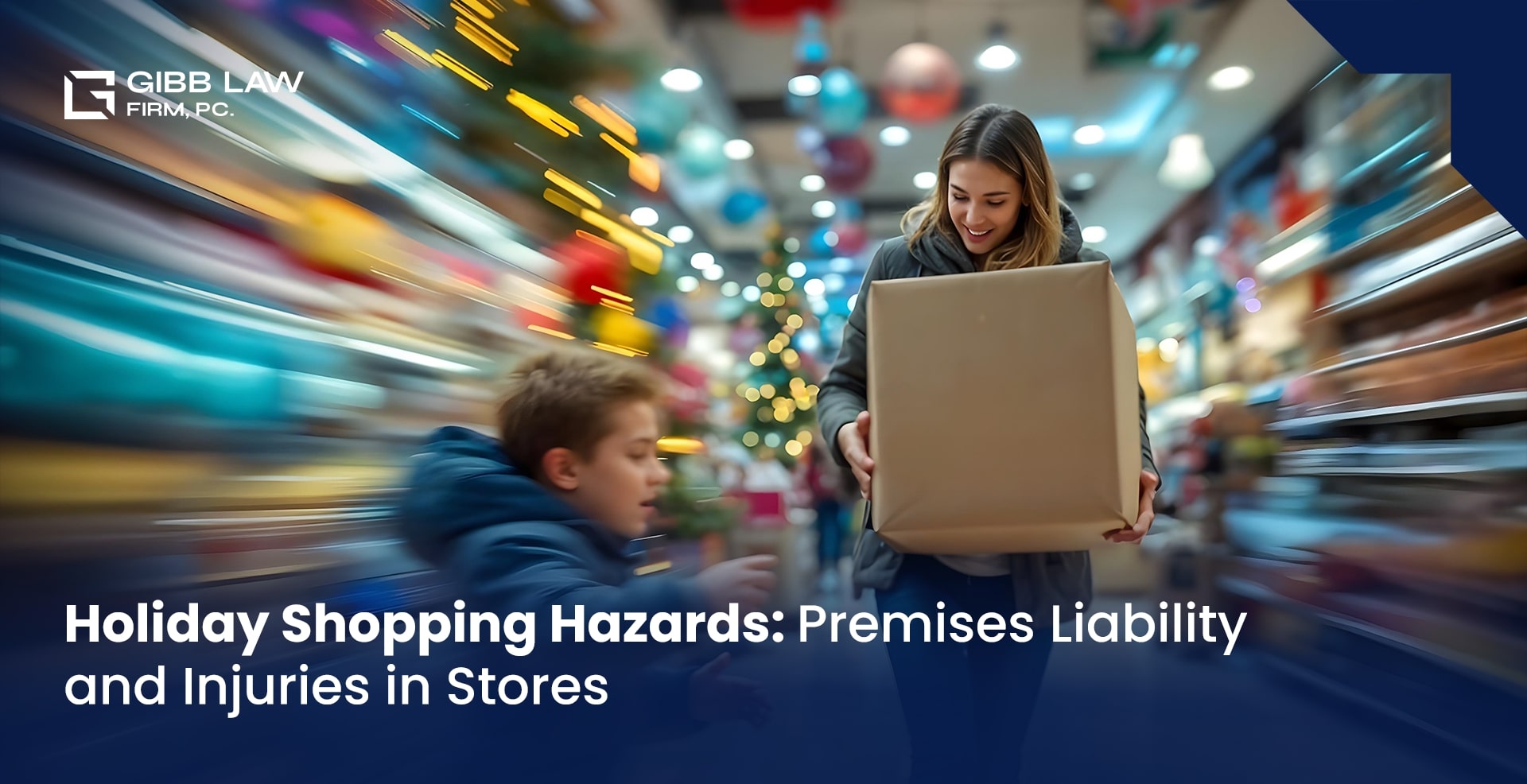Car accidents can be traumatic, leaving you shaken and unsure of how to proceed. At Gibb Law, we want to provide the knowledge and steps to take immediate action to protect yourself and ensure a smoother resolution – post car accident. By following these crucial steps, you can minimize stress and maximize your chances of a fair outcome, whether it’s a minor fender-bender or a more serious collision.
Post Car Accident - Ensuring Safety and Securing the Scene:
- Prioritize Safety: The well-being of yourself and everyone involved is paramount. Check for injuries and call 911 immediately if necessary. Activate your hazard lights to warn other drivers of the accident.
- Move Vehicles to Safety (if possible): If your car is drivable and doesn’t obstruct traffic, carefully move it to the side of the road. This minimizes further hazards and allows for smoother traffic flow.
- Document the Scene: Photographic evidence is crucial. Take pictures of the damage to all vehicles involved, including skid marks, debris, traffic signals, and any visible injuries (with timestamps enabled). If possible, sketch the accident scene, noting the positions of the vehicles and landmarks.
- Getting Medical Attention: Don’t avoid medical treatment if you have been injured. Your first priority should be to take care of your injuries. Failure to receive appropriate medical care could result in a longer recovery and reduce the ultimate value of your case.
Exchanging Information and Reporting the Accident:
- Exchange Information: Collect names, addresses, phone numbers, and insurance details (company names, policy numbers, contact information) from all involved drivers. Note the vehicle make, model, and license plate numbers for all vehicles.
- Gather Witness Statements: If there are witnesses, obtain their contact details. Their testimony can be valuable in reconstructing the events and determining fault.
- Contact Your Insurance Company Promptly: Report the accident to your car insurance company as soon as possible, ideally within 24 hours. Delaying notification could negatively impact your claim. Be truthful and provide all the details you have gathered, including the police report number (if one was filed). Avoid admitting fault or discussing blame with the other driver or their insurance company.
Understanding When to Seek Legal Advice:
Reach out to us at Gibb Law or your car accident attorney when there’s:
- Significant injuries and ongoing medical treatment. Here, a lawyer can ensure you receive fair compensation for the medical bills you incur and the potential long-term impact on your health.
- Multiple vehicles or significant property damage. Navigating claims with multiple parties and extensive property damage can be complex. An attorney can advocate for your best interests and ensure a fair resolution.
- Disputes over fault or unreasonably low settlement offers. If the cause of the accident is unclear or the insurance company offers an inadequate settlement, a lawyer with experience in car accident litigation can represent you and fight for the compensation you deserve.
- Uncertainty about your rights or concerns about the claims process. A car accident lawyer can be a valuable asset, advising you on your legal rights and guiding you through the complexities of insurance claims.
Here are some key legal terms you should know:
- Personal Injury Lawyer: A legal professional with experience in motor vehicle accidents. They can advise you on your legal rights, guide you through the complex insurance claims process, and represent you in court if necessary.
- Car Insurance Information: Details about your auto insurance policy, including the company name, policy number, and coverage types (e.g., liability, collision, comprehensive). Understanding your coverage can help you determine what expenses your insurance will cover after an accident.
- Insurance Companies: Entities that provide financial protection against car accident losses. They investigate accidents, determine fault, and settle claims based on your policy terms. Knowing how insurance companies operate can help you manage your expectations and protect your rights during the claims process.
- Basic Car Insurance Information: Most states require minimum liability insurance to cover bodily injury and property damage caused to others in an accident. Familiarize yourself with the different car insurance coverage options (e.g., liability, collision, comprehensive) to ensure adequate coverage to protect yourself financially in the event of an accident.
Remember:
- Beware of Early Settlement Offers – Insurance companies may present early settlement offers that seem appealing but may not fully cover your losses. Before accepting any offers, consult with your personal injury lawyer to ensure the settlement is fair and just.
- Stay Organized and Informed – Keeping a detailed record of all communications, transactions, and steps taken following the accident is imperative. This organization aids in the smooth handling of the claims process and any legal actions that may follow.
Navigating the aftermath of a motor vehicle accident involves a series of strategic steps aimed at ensuring safety, securing fair compensation, and facilitating recovery. By following these guidelines, you can effectively manage the situation, from immediate actions post-accident to dealing with insurance companies and legal matters. Remember, seeking professional legal advice from an experienced car accident lawyer like Gibb Law is the best next step as we can provide the support and guidance needed to navigate this challenging time successfully.
Disclaimer: This blog is for informational purposes only and is not legal advice. Please contact us to discuss the specifics of your car accident situation.



